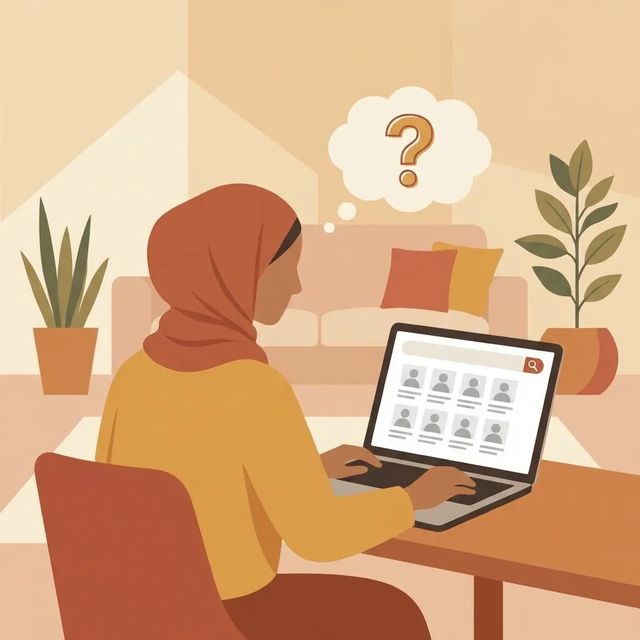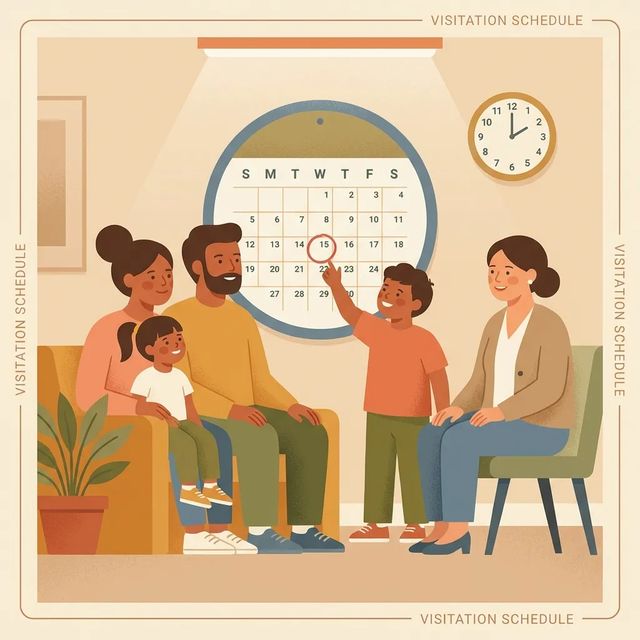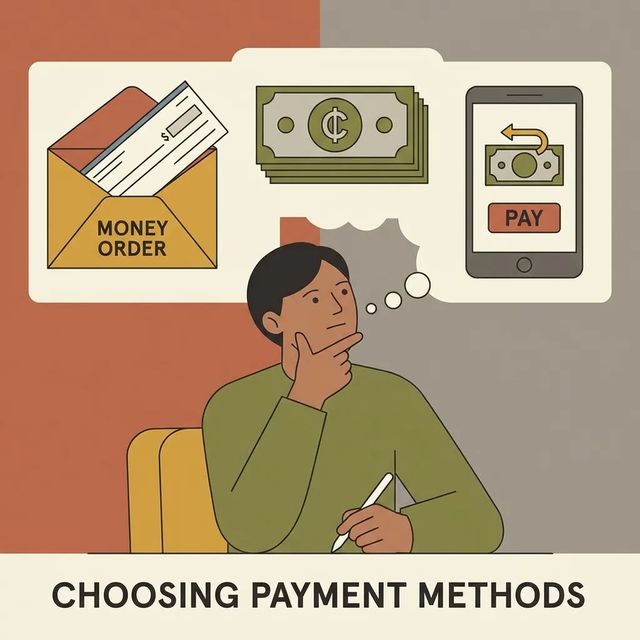Dallas County Youth Village
Need to reach someone at Dallas County Youth Village? Look up an inmate, send messages or mail, add commissary funds, or schedule a visit.
Explore
Find an Inmate at Dallas County Youth Village
Search for a loved one and send messages and photos in minutes.

Guides for This Facility

How to Visit Dallas County Youth Village (TX)
Visitation rules vary by facility and change often. Once you've located the youth, your best next step is to confirm Dallas County Youth Village's current procedures directly with the facility.
Read Guide
How to Contact an Inmate at Dallas County Youth Village (TX)
Trying to stay in touch with someone at Dallas County Youth Village? Start by confirming the facility's current rules for mail, phone calls, and visits. Procedures vary between facilities, and small details (like address formatting) can make a difference.
Read Guide
How to Send Money to Someone at Dallas County Youth Village (TDCJ deposit options and verification steps)
Sending money is straightforward once you pick the right method and confirm what Dallas County Youth Village accepts. Here are the TDCJ deposit options families commonly use, plus quick verification steps to help you avoid delays.
Read GuideAt a Glance
Visitation
- Visits are a privilege and can be restricted or canceled for rule violations, lockdowns, security incidents, or health and safety emergencies.
- Most non-attorney visits may be monitored or recorded, and visits can be in-person/contact or remote video/tablet formats.
- You must create and verify your own online visitation account and complete any background questionnaire before requesting visits.
Communication
- Texas facilities commonly offer phone calls, video visits, electronic messaging, and inmate tablets through agency programs and third-party vendors.
- Availability of phone, video, messaging, and tablet services varies by unit, so you must check the specific facility’s rules.
- To set up phone calls you generally register your phone number, provide the inmate’s ID, and fund vendor-managed accounts; calls are typically monitored.
Sending Commissary
- Mail money orders or cashier’s checks payable to 'Inmate Trust Fund' to Inmate Trust Fund, PO Box 60, Huntsville, TX 77342-0060.
- TDCJ’s free monthly ACH service typically debits around the 5th and posts to the inmate’s account around the 10th; supporters must submit an ACH authorization form.
- The Inmate Trust Fund office can confirm receipt of a deposit but will not release account balances or transaction details to anyone except the inmate.
Based on official sources and community feedback.Learn how we verify
Topic Overviews
Visitation
Visitation at Dallas County Youth Village is a privilege, meaning visits can be restricted or canceled for rule violations, lockdowns, security incidents, or health emergencies. Visit formats vary by unit and the youth's privileges. Options may include in-person contact visits and remote video or tablet sessions. Most non-attorney visits are monitored or recorded. To schedule, create your online visitation account, verify it by email, and complete any required background questionnaire before requesting dates. Remote video visits use the facility's approved video system. Availability varies by unit, including whether video visits count in addition to on-site visits. The scheduling tool may hide dates when the youth already has a visit booked that week.
Read full guideCommunication
Staying in touch at Dallas County Youth Village typically means using services common across Texas facilities: phone calls, video visits, electronic messaging, and inmate tablets offered through agency programs and third-party vendors. Availability varies by unit based on facility rules, custody level, and vendor contracts. For phone contact, you'll register your phone number and the youth's ID with the vendor or facility. Calls route through vendor systems and are often monitored. Remote video visits generally require scheduling through an approved vendor or agency visitation portal. Expect vendor-set time limits and fees. Messaging and tablet features depend on the vendor, and messages are screened with possible restrictions on attachments or content.
Read full guideSending Commissary
Supporters typically fund someone at Dallas County Youth Village through TDCJ's Inmate Trust Fund system. For mailed deposits, use only a money order or cashier's check made payable to the Inmate Trust Fund. Send it to the Huntsville PO Box specified by TDCJ. Include your name and address on the deposit. Do not send cash or personal checks, and don't mail funds to a facility street address. TDCJ also offers a free monthly ACH debit option. Once you submit the required ACH authorization form and documentation, debits generally occur around the 5th of the month and post to the offender's account around the 10th. The Trust Fund office can confirm receipt but won't share balances or transaction details with anyone other than the inmate.
Read full guideCommon Questions
Showing 6 of 9How do I schedule a visit at Dallas County Youth Village?
Create and verify your own online visitation account, then complete any required background questionnaire before requesting dates. Use the facility’s scheduling portal to request on-site or remote video visits, and expect available dates to depend on the youth’s privileges and any prior bookings.
VisitationCan visits be canceled or restricted at Dallas County Youth Village?
Yes. Visitation is a privilege, and visits can be restricted or canceled for rule violations, lockdowns, security incidents, or health and safety emergencies.
VisitationAre video visits available and do they replace in-person visits?
Video visits are scheduled through the facility’s approved video system, but availability and whether they count in addition to on-site visits vary by unit. Check the scheduling portal to see which visit types are allowed for the specific youth you are visiting.
VisitationHow do I find out which communication options Dallas County Youth Village supports?
After you locate the youth, contact Dallas County Youth Village directly. Communication policies, available services, and approved vendors can differ by unit.
CommunicationCan I send electronic messages or use inmate tablets at Dallas County Youth Village?
Many Texas facilities offer electronic messaging and tablets through third-party vendors, but availability and features depend on the unit and vendor. Check with the facility to confirm what is allowed and any content or attachment restrictions.
CommunicationHow do I set up phone calls with an inmate at Dallas County Youth Village?
You typically register your phone number and the inmate’s ID with the vendor or the facility, then fund a vendor-managed account or use prepaid options. Calls usually run through vendor systems and are subject to monitoring and vendor rules.
CommunicationMore Guides
Ready to Connect?
Search for your loved one to start communicating today
Did You Know?
Dallas County Youth Village in TX uses TDCJ's inmate trust-fund system. TDCJ accepts money orders or cashier's checks made payable to the Inmate Trust Fund. Mail deposit slips and payments to Inmate Trust Fund, PO Box 60, Huntsville, TX 77342-0060.
This guide is based on feedback from dozens of families and official facility documentation. Learn how we verify
